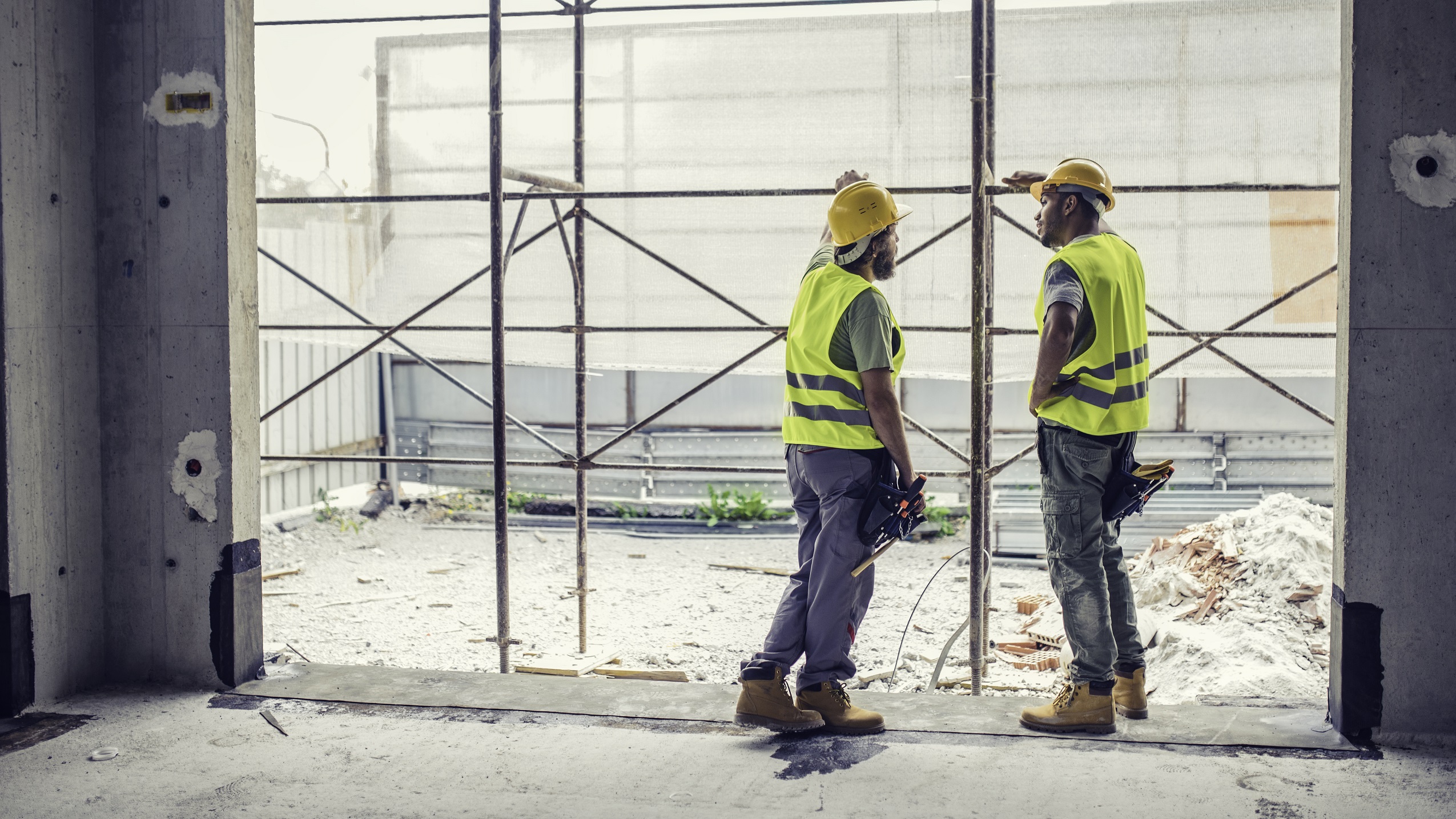Should you remain in the VAT Flat Rate Scheme after 1 October?
In less than two months significant changes are being introduced to the VAT treatment of supplies in the construction industry. From 1 October 2019 a domestic “reverse charge” rule is being introduced which will change the person responsible for accounting for VAT in relation to certain supplies of construction services. In particular, supplies between sub-contractors and main contractors will be impacted by the changes.
If you are in the construction sector and currently use the VAT Flat Rate Scheme, it is likely you could be worse off if you continue to use it after 1 October 2019, rather than revert to standard VAT accounting.
What are the VAT changes?
Currently, a sub-contractor is responsible for charging and accounting for VAT to HMRC on supplies to main contractors. From 1 October 2019, the main contractor will be responsible for declaring the VAT on supplies received from the sub-contractor under the “reverse charge” rules. An equivalent VAT deduction can also be claimed by the main contractor subject to the normal rules of VAT recovery.
Who is affected by these changes?
Broadly speaking, the new rules will only affect supplies at the standard or reduced rate of VAT where payments are required to be reported through the Construction Industry Scheme. The categories of construction services affected by the VAT changes will include: general construction, groundwork construction, renovations and maintenance services, HVAC, cleaning services and painting and decorating of buildings and structures. Civil engineering work is also caught.

What is the impact for smaller sub-contractors on the VAT Flat Rate Scheme (FRS)?
The FRS requires that businesses account for a specified percentage of VAT on the VAT-inclusive value of income. In the construction sector this rate may be 9.5%, 14.5% or 16.5%. After 1 October, as sub-contractors will no longer receive a VAT payment for supplies made, they would need to fund the flat-rate VAT percentage from net income – this will reduce profit in most cases.
FRS users should take advice now on the impact of the 1 October changes. For most, it is likely to be beneficial to leave the scheme and adopt standard VAT accounting.
The following example summarises the impact:
Under the current VAT accounting rules
Let’s take the example of a sub-contractor who does work to the value of £1000 + £200 VAT. Assuming he applies the 9.5% flat rate for general building or construction services, he will account for VAT at 9.5% of his gross (VAT inclusive) receipt - £114. He therefore retains £1086.
This is £86 more than he would retain under normal VAT accounting, reflecting the fact that under the flat rate scheme he can’t recover any VAT on costs.
Under the reverse charge rules from 1 October
If the sub-contractor’s services are caught by the reverse charge rules (and most will be), he will no longer charge VAT, since the responsibility to account for VAT is now with his customer. He will now only be paid £1000.
However, the FRS hasn’t changed, so he will still be required to pay HMRC VAT at 9.5% of his total receipts - £95 – leaving him with £905. The sub-contractor is now £95 worse off than he would have been using standard VAT accounting and will be unable to recover any VAT on costs.
For sub-contractors using higher flat rates (14.5% or 16.5%) the impact is proportionately greater.
Almost all sub-contractors are likely to benefit from exiting the FRS before the 1 October changes arrive. Switching to the normal rules and recovering VAT on costs will normally be the better option.
What should I do now to prepare?
Sub-contractors caught by the changes who currently operate the FRS should:
- Be clear on the impact of the changes and review their VAT affairs to confirm that remaining on the flat rate scheme will be detrimental
- Write to HMRC to leave the scheme if this is appropriate
- Ensure that books and records will meet the requirements of standard VAT accounting
Where can I get help?
To find out more about how these changes might impact your business and whether staying in the Flat Rate Scheme is right for your business, please contact me or a member of our Construction & Property or VAT teams. It is imperative to prepare your business in advance of these changes to retain a healthy cash-flow, which is robust enough to ensure business stability and growth.
We're holding a series of seminars across our offices in August. Click on the location closest to you to reserve a space for you and a colleague:
Aberdeen 20 August
Edinburgh 29 August
Edinburgh 5 September
Glasgow 27 August
Inverness 22 August